EU commends ZEC on special vote
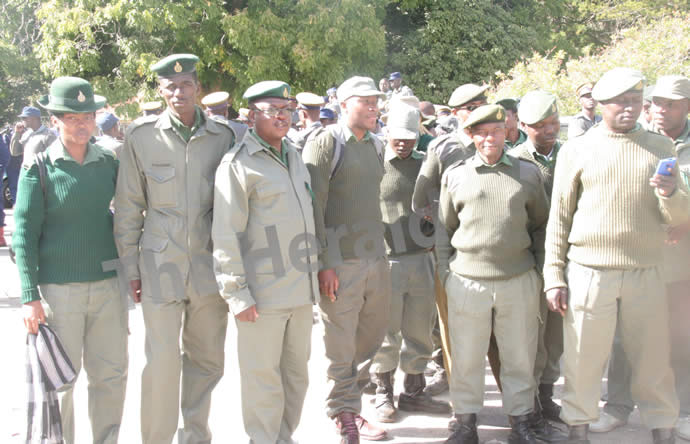
postal voting used in previous elections and affords the uniformed forces who will be on duty on polling day, the chance to vote at least 16 days before polling day.
The chaos that characterised the special vote was attributed to deliberate attempts by MDC-T to scuttle the process to abet its call for poll postponement, failing which the resultant debacle would be used as fodder for post-poll litigation alluded to in the party’s Strategic Election Litigation document.
Sources close to developments said the MDC formations employed several strategies to sabotage the special vote, leaving ZEC with only 24 hours to print and distribute the ballot papers as well as deploy staff to the 209 polling centres that were set up for special voting countrywide.
The situation was compounded by the incompatibility of the special vote system, which is suitable for systems of proportional representation, to the first past the post used in Zimbabwe.
EU ambassador to Zimbabwe Mr Aldo Dell’Ariccia commended the conduct of ZEC during a briefing of election observers on Tuesday.
“I want to congratulate the staff of ZEC for their behaviour on the 15th and 16th of July in a tense situation, they managed to remain calm despite the challenges,” he said.
The EU commendation follows the African Union’s endorsement that Zimbabwe was on course to a credible election.
Addressing the media after the 385th meeting of the Peace and Security Council in Addis Ababa, Ethiopia, last week, Dr Aisha Abdullahi — AU Commissioner for Political Affairs — said assessments by the AU Observer Mission showed Zimbabwe was on course to a credible vote.
“According to our observers on the ground, we believe that it is possible to have free and fair elections in Zimbabwe.
“But we cannot guarantee that it will be the most perfect or optimum of situations,” Dr Abdullahi said.
“The environment in Zimbabwe so far reassures us that the conditions are good for the election to be held on July 31,” Dr Abdullahi said.
“The Peace and Security Council has noted the levels of preparation for the election and confirmed that the funding gap has been filled.”
ZEC deputy chairperson Mrs Joyce Kazembe acknowledged that the special vote had brought a lot of challenges to the commission.
“The special vote, for me in particular . . . can also provide a minefield to the unwary particularly to the commission as we experienced when we conducted the special vote,” she added.
Out of the 65 956 people that were authorised to vote, 2 688 were rejected with only 37 108 managing to vote.

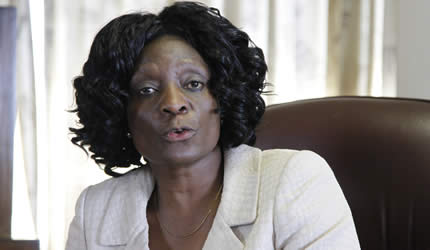
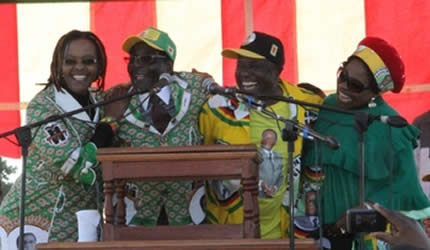
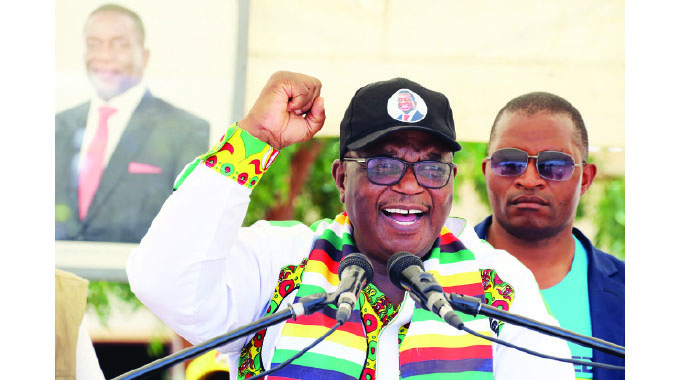
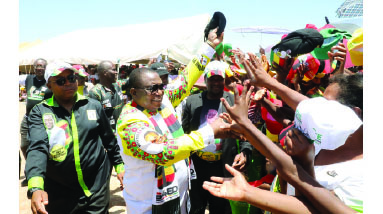
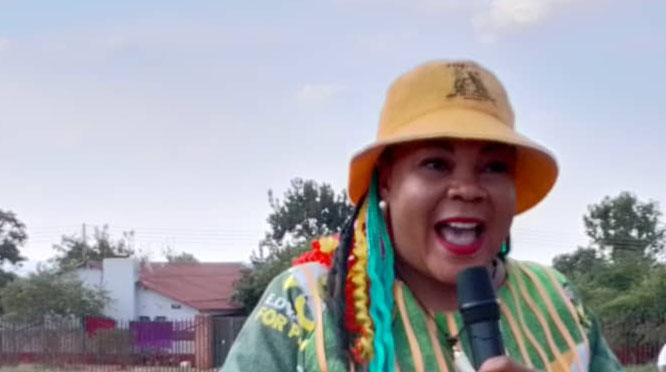

Comments